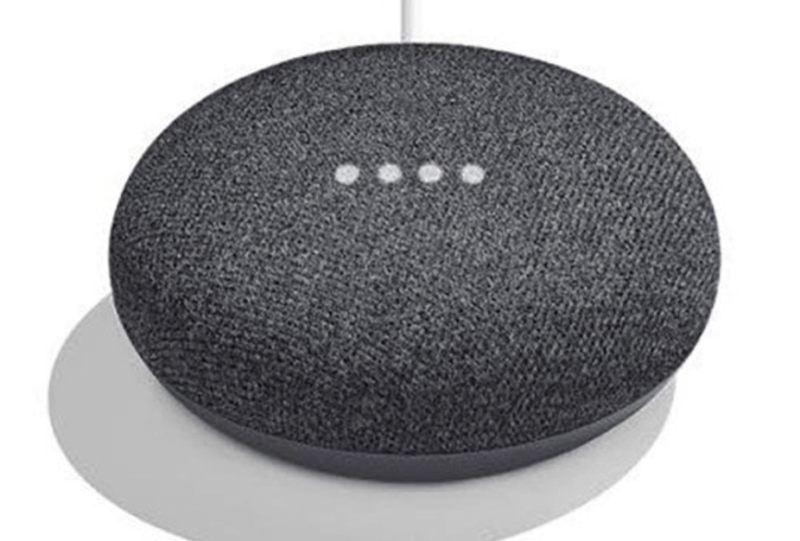
Backlinko has done an extensive analysis of “voice search ranking factors” and identified 11 variables tied to appearing in Google Home results. The company examined 10,000 results delivered over the smart speaker.
What Backlinko found was consistent with what many others have been saying but there were also a few surprises. For example, the study discounts the impact of Schema to some degree and page authority.
Here’s a partial, paraphrased list of the ranking factors:
- PageSpeed is a significant factor; voice search results typically come from faster-loading pages.
- Google relies heavily on very authoritative domains for results, but pages not as much.
- Content that ranks well on the desktop tends to rank in voice search. This might be a correlation rather than causal however.
- Schema may not be a factor: 36 percent of pages voice search results came from pages using Schema.
- Roughly 41 percent of voice search results came from Featured Snippets.
- Voice search results are generally 29 words; however Google sources voice results from long-form content.
- HTTPS is critical.
Google has made page speed an explicit mobile ranking factor. Backlinko found that the page-load time for a voice result was almost 2X faster than traditional webpages. Not a surprise. What may be a surprise are the findings around Schema.
The company found that Schema was used on slightly more than a third of pages delivered over Google Home, somewhat more than in general results. Accordingly it discounted Schema as a voice search ranking factor:
Although voice search result pages tend to use Schema slightly more often than your average web page, the difference is not significant. Also, 63.6% of voice search results don’t use Schema at all. Therefore, it’s unlikely that Schema has a direct impact on voice search rankings.
Below are Backlinko’s findings around Schema distribution in voice search results.

There are plenty of reasons to use Schema generally so this finding shouldn’t be seen as an argument against it. And many will question the validity of this finding. It may also be that Schema pages don’t appear more because they aren’t more prevalent and there are other important variables.
Among them, links matter for voice results as well. Domain authority was high but page authority was relatively low by comparison:
We discovered that the average Domain Rating of a voice search result was 76.8 . . . we found that the link authority of voice search result pages were significantly lower. In fact, the mean Page Rating of a voice search result was only 21.1.
Backlinko speculated that the voice algorithm was relying upon domain authority (over page authority) because that provided a higher level of confidence in the accuracy of results.
Long form content was also correlated with voice results. “Google voice search results predominately come from pages with a high word count,” the study asserts. In addition, “FAQ pages tend to perform particularly well in voice search.” Keywords were somewhat less important: “only 1.71% of voice search results use the exact keyword in their title tag.”
The company advises, “[D]on’t worry about creating individual pages that are each optimized around individual keywords. Instead, write in-depth content that can answer several different voice search queries on a single page.”
Finally, content that ranks well on the desktop appears to also rank well in voice results. This is logical. Nearly 75 percent of voice results on Google Home “came from a page ranking in the top 3 for that keyword.”

SEOs should review the post and do their own evaluations of the findings and recommendations.
While it’s not clear whether smart speakers will siphon off some query volume or merely be additive to the overall pie, at least two studies have shown that owners of Alexa and Google Home devices are spending somewhat less time with their smartphones.
Regardless, virtual assistants are emerging as an important consumer discovery tool and marketers need to take these platforms seriously and adapt accordingly. In Google’s case, the Assistant (which powers Google Home) is now available on 400 million devices.
